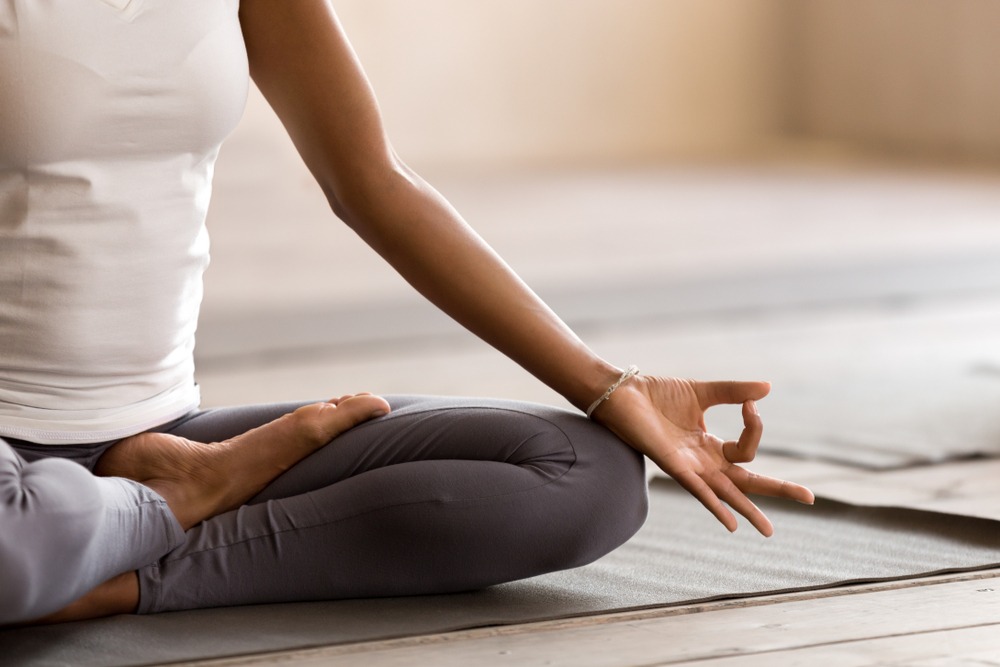Traveling for a conference is no longer an excuse to abandon your mental health and physical well-being goals. In fact, according to a trio of meeting professional experts, taking care of yourself is even more important when you are the one charged with caring for your attendees. But how?
Smart Meetings chatted with Dave Stevens, director of field marketing and global events at data.world; Rachael Riggs, general manager of environmental sustainability and well-being with Martiz Global Events; and Dr. Romie Mushtaq, wellness officer of Evolution Hospitality, to share tips on making your wellbeing a priority in meeting spaces everywhere.
Listen to the “Why Meeting Well Matters Smart Chat Live! conversation on-demand here.
The Importance of Self-Care
Dave Stevens offered a thoughtful example of why planners should be more aware of their personal wellness. “If you’re a broken vase, how are you supposed to hold water? If you’re burnt out, how are you supposed to find that energy to take care of other people?”
The group pointed to the Covid pandemic as a major factor for the shift in the discussion of wellness within the meetings industry. “A lot of people had time to think about their well-being.” Riggs offered. “This pandemic has put an exclamation point on that.”
Read More: Reframing the Concept of Self-Care (for the Busy MeetingProf)
Dr. Mushtaq built on the wellness epidemic currently playing out. “We are still in the middle of mental health crisis inside and outside of the workplace in the United States and around the world,” she said. “What are you doing for your brain, body and your team? The same thing should be true for a meeting.”
Best Practices
People are different and therefore how they choose to unwind and better themselves varies. However, Stevens suggested that hotels could be part of the solution for many. When it comes to open space, resistance training and aerobic capability, hotels can offer the tools to empower people to take care of themselves on the road.”
Dr. Mushtaq suggested meeting planners to ask the question, “What am I doing today to fuel my energy and what is robbing my energy during the day? What am I doing to restore energy and resetting myself when the sun goes down?”
As an ambivert, someone who is a mixture of an extrovert and introvert personality, Dr. Mushtaq listed taking quiet time as a way that she recharges. For the event space, this could take the form of a quiet room.
Riggs encouraged meeting planners to include members on their team who are mental health first-aid-trained for both meetings staff and event attendees. “Why are we separating these resources that we put together for attendees when staff needs it, too? You are a community. Let’s have the community come together.”
Sleep as Self-Care
Dr. Mushtaq pointed to sleep as one of the most important aspects of wellness. Hotel rooms also play a major role in how attendees feel when they prepare to head over to their first meeting for the day.
Read More: Sleeping Through the Holidaze
“I want to know: does [the hotel] offer sleep shades and blackout shades? Outdated hotels that haven’t been remodeled have blue lights everywhere from the alarm clock to the air conditioning setting to the on-off light switches. Is a room set up for noise cancelation for your attendees?” she asked.
How Can We Make Better Choices?
In order to better understand how planners can make the best choices for themselves, Riggs presented the five Dimensions of Wellbeing.
- Personal Wellbeing: Focusing on one’s physical, mental, intellectual and spiritual health.
- Social Wellbeing: Growing a connection with others and developing a support system.
- Environmental Wellbeing: Caring for the state of the Earth.
- Financial Wellbeing: Managing and caring for your financial situation.
- Career Wellbeing: Being focused on the continued growth of your career.
Riggs encouraged planners to bake these concepts into an event to best serve attendees but also to build a community. “[Attendees] want to come back year-after-year because they know they will be cared for as a valued member of the community.”
Give Attendees a Choice
Dr. Mushtaq advised planners to build flex time in agendas. “There needs to be brain break time in the mornings, in the afternoon and in the evening and give people choices,” Dr. Romie advised. “Be thoughtful to create flexible schedules. It doesn’t need to be packed and forcing every attendee to do everything together.”
Riggs agreed and noted choice is an essential element, “We have to offer variety. We have to start with the guests’ well-being at the heart of the experience.”
Stevens gave an example of asking attendees in registration sign up what type of workouts guests enjoy so an event can properly reflect their needs, “By giving people the opportunity to choose that’s where you empower people.”





